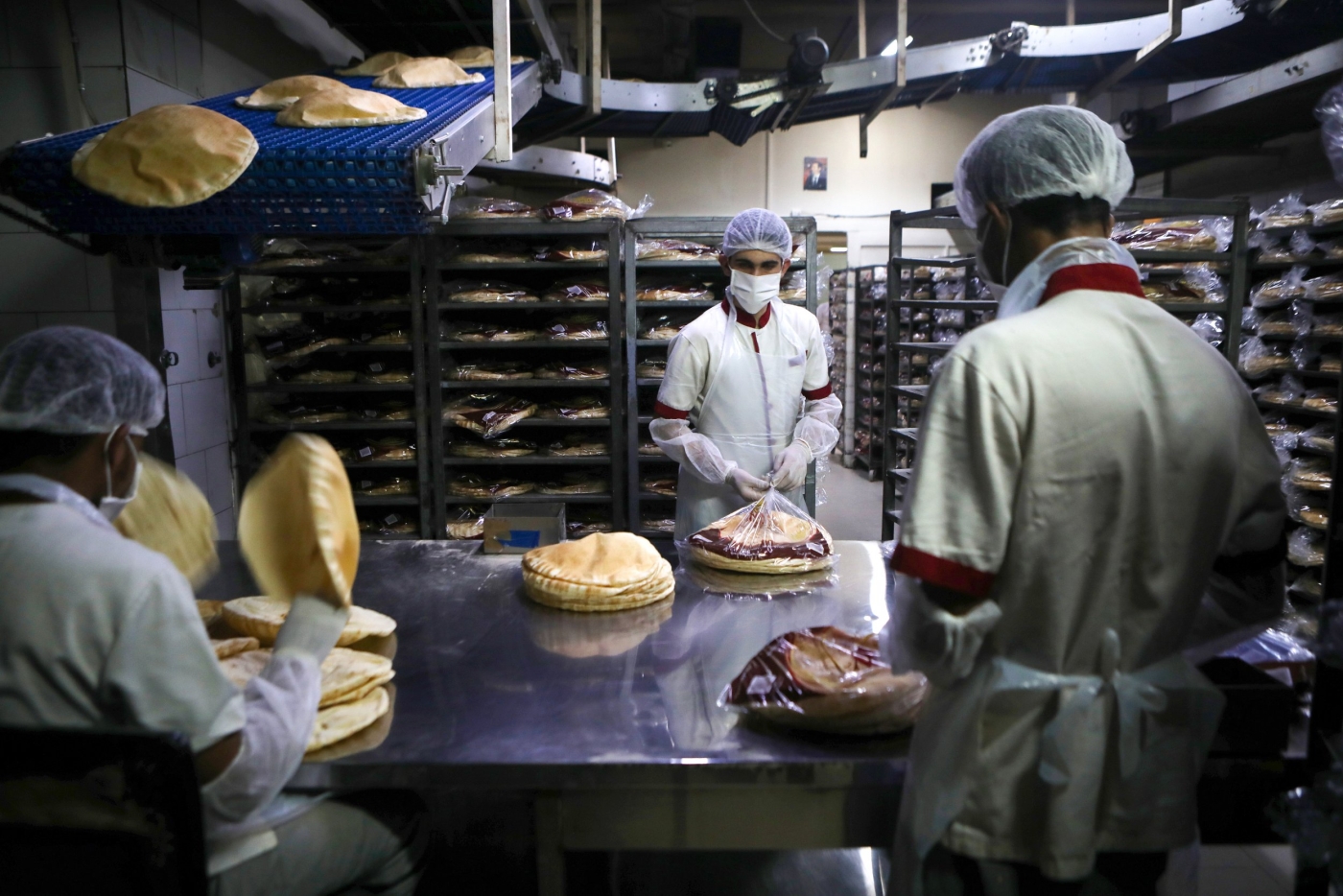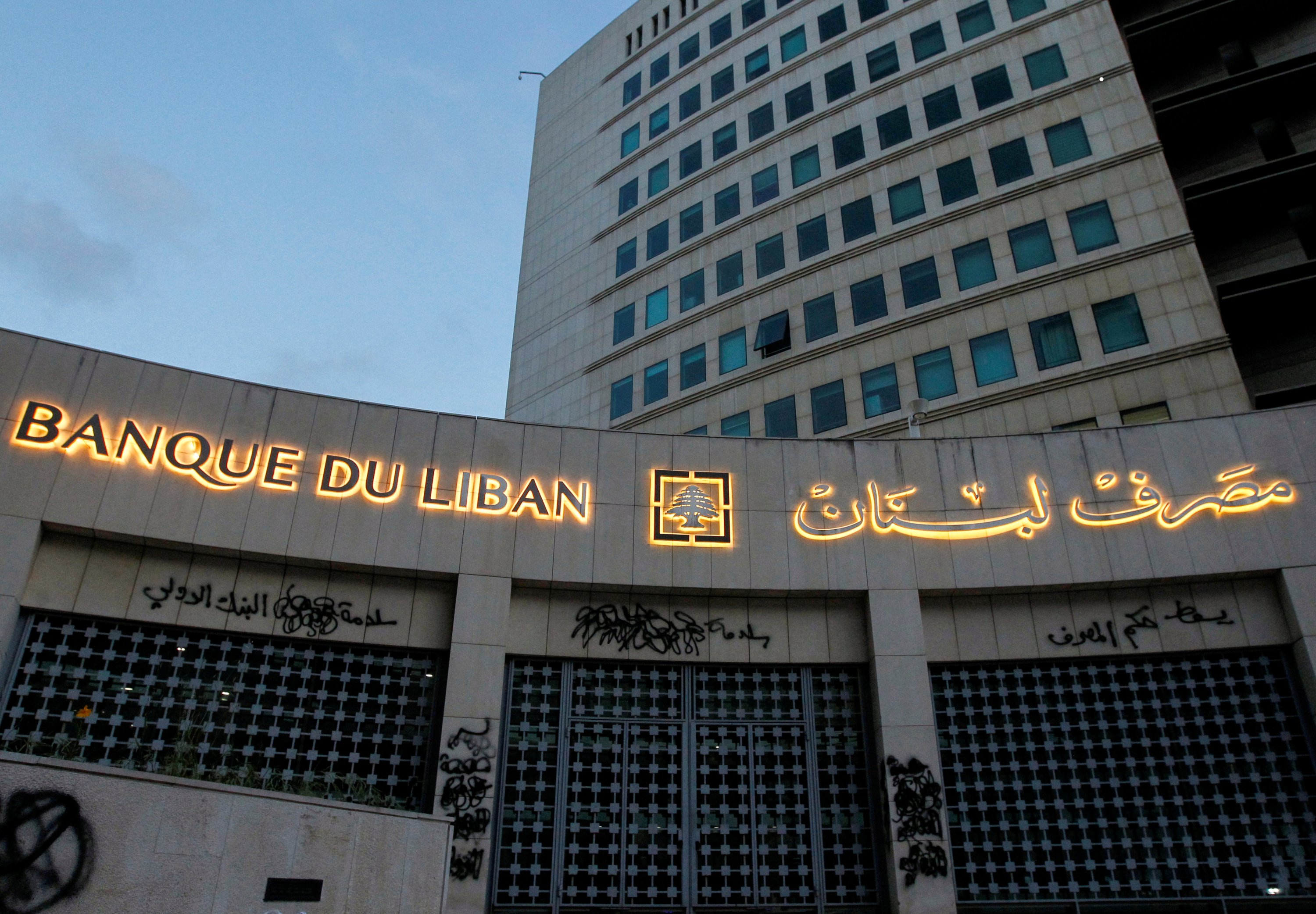Lebanon is collapsing.
The Lebanese pound is sinking, prices for basic necessities have almost tripled, food stores are trying to escape looting, citizens are fighting for packages of powdered milk, and the pandemic is out of control, thus creating fears of food shortages.
The exchange rate of the Lebanese pound fell sharply (12,500 against the dollar) last Tuesday, losing one third of its value in the last few weeks, having sunk by 90% since the end of 2019.
"The situation in the country is very bad. We became Greece before the IMF," outlined Lebanese analyst and investigative journalist, Ali Murad.
"We owe $120 billion and there is no foreign exchange in dollars for the country to move. The Banque Du Liban can no longer cover imports," he explained.
"The result is a price explosion. While the exchange rate was 1,500 Lebanese pounds to one dollar, today we have reached 12,500 pounds to one dollar," said Murad.
"In other words, a salary cannot meet the needs for purchases and payments," explained the journalist.
Lebanon's central bank has already used significant foreign exchange reserves to subsidise three key commodities: wheat, fuel and medicines, as dollar inflows into the country are running low.
The head of the supermarket union complained to the Central Bank administration that it contributes to the shortages as it makes it difficult to provide dollars to food importers.
Dollars, however, do not exist.
The "root" of today's evil is based on "political corruption and the lack of productive infrastructure in the country," explained Murad.
"If we had agricultural production and industry, we would not be dependent on imports and we would not be in the current situation," the analyst said.
"The country currently has supplies for about two months, and it is becoming increasingly difficult for importers to find dollars to continue buying," he continued.
Some stores that closed last Tuesday reopened the next day after renewing their stocks.
However, according to traders in the country, they will close permanently if trade stability is not achieved.
Many shops in Lebanon had already closed due to the pandemic and roadblocks set up during anti-government protests.

But until last week, most grocery stores were open.
Many stores also went on to make deliveries via orders.
On Tuesday, online grocery stores disappeared completely from the applications.
Indicative of the situation in the country, however, is the statement by the vice-president of the Lebanese bakery union that "bakeries will not be able to supply bread to the population indefinitely" as Lebanon imports almost all of its wheat.

"Things are limited, but we can reach a very dangerous state of starvation and the disappearance of drugs," Murad said.
At a time when the country is going through one of its worst crises since the civil war, the government in Lebanon is resigning and therefore "cannot convene an extraordinary session of parliament to find a solution."
"The bad thing is that the political parties are in conflict with each other and they do not want to make a compromise even now in order to form a new government," Murad commented.
Is Lebanon therefore at an absolute impasse?
"The absolute impasse will be when we have more street crime, theft and diversion, while hunger will be imposed as a regime," said the Lebanese analyst.
He believes that the only lifeline at the moment for his country is "lending from the IMF."
READ MORE: Greece continues to support Lebanon after the Beirut explosion.



